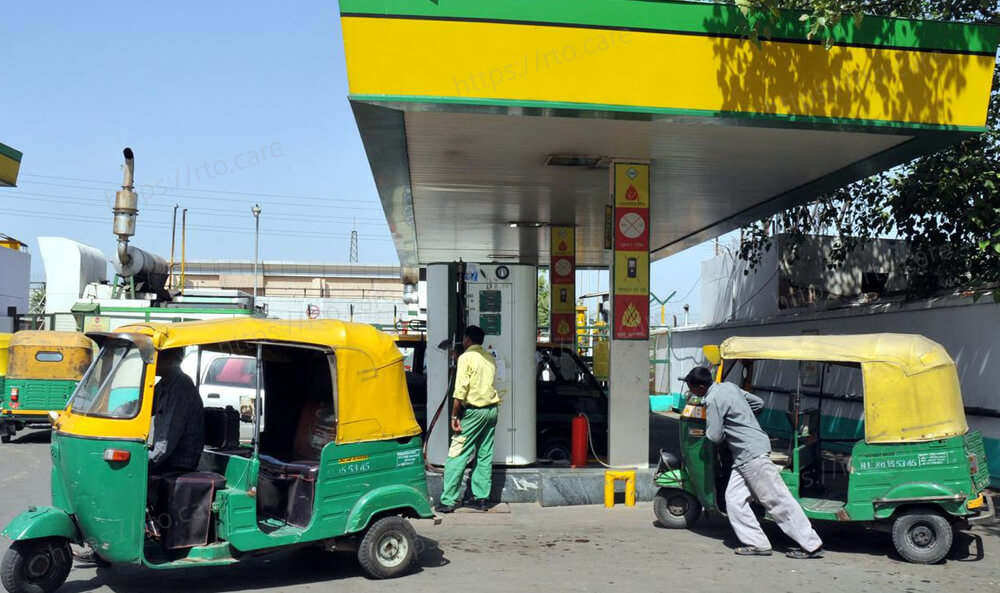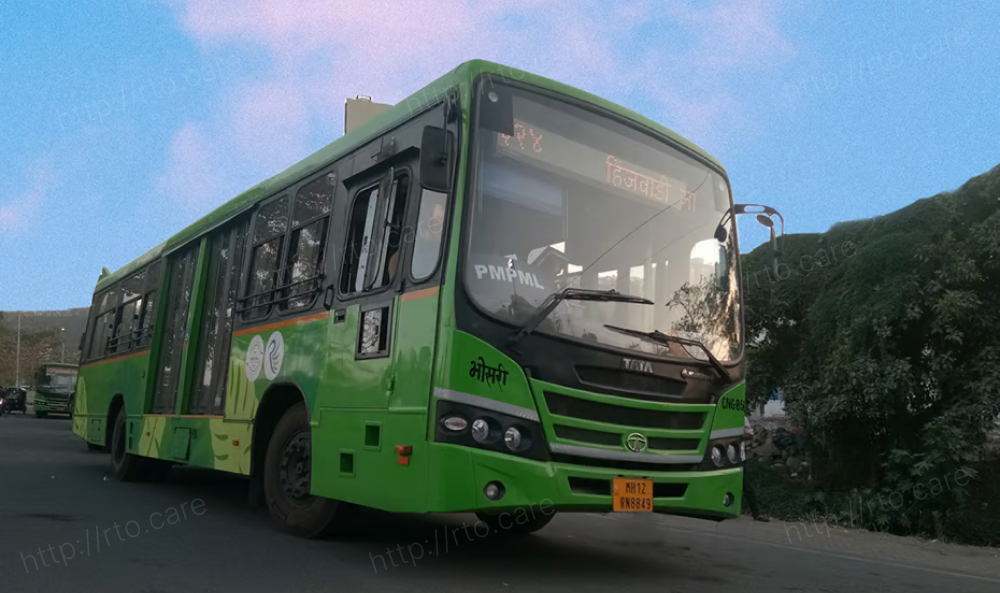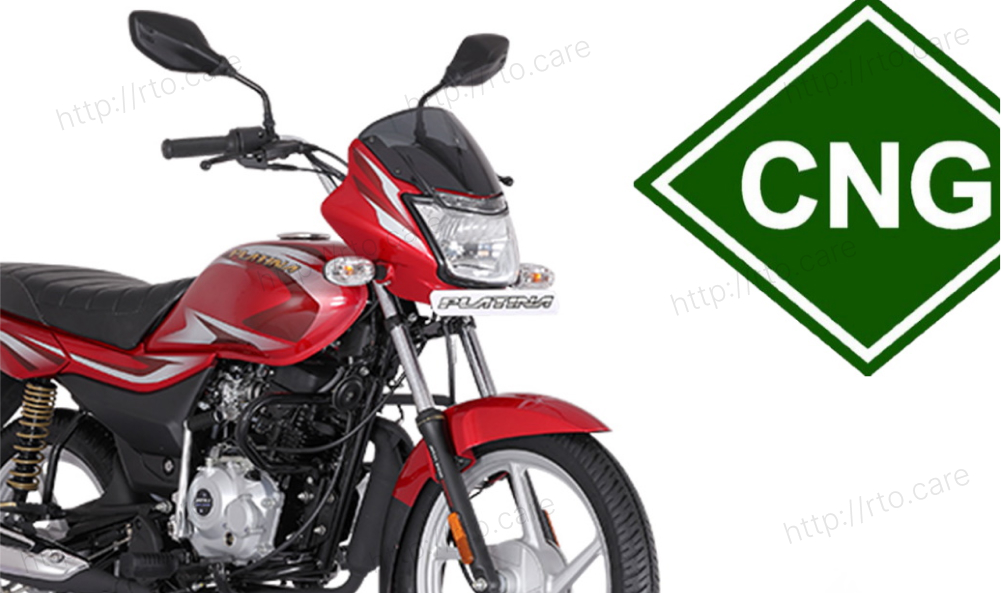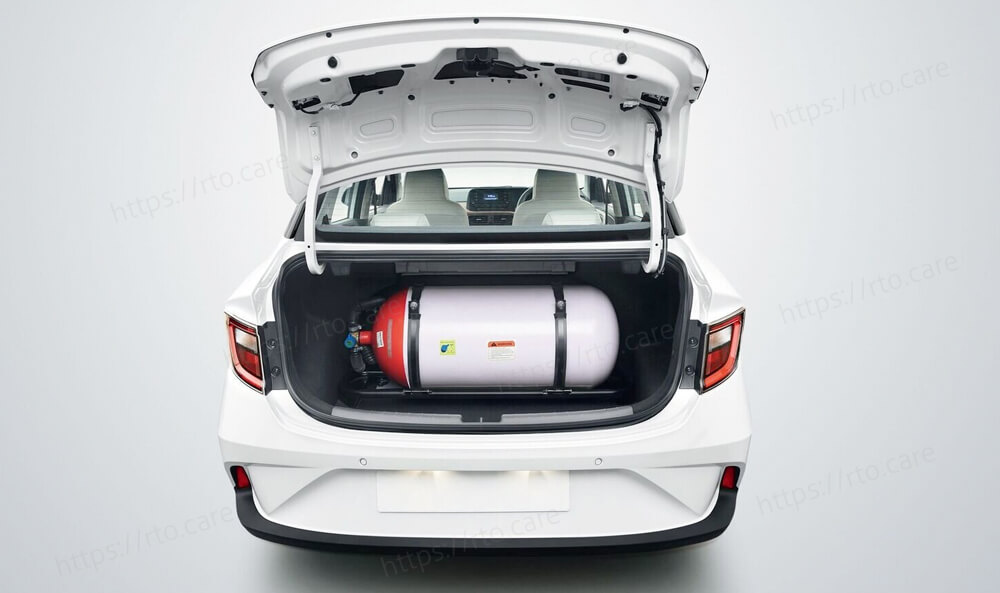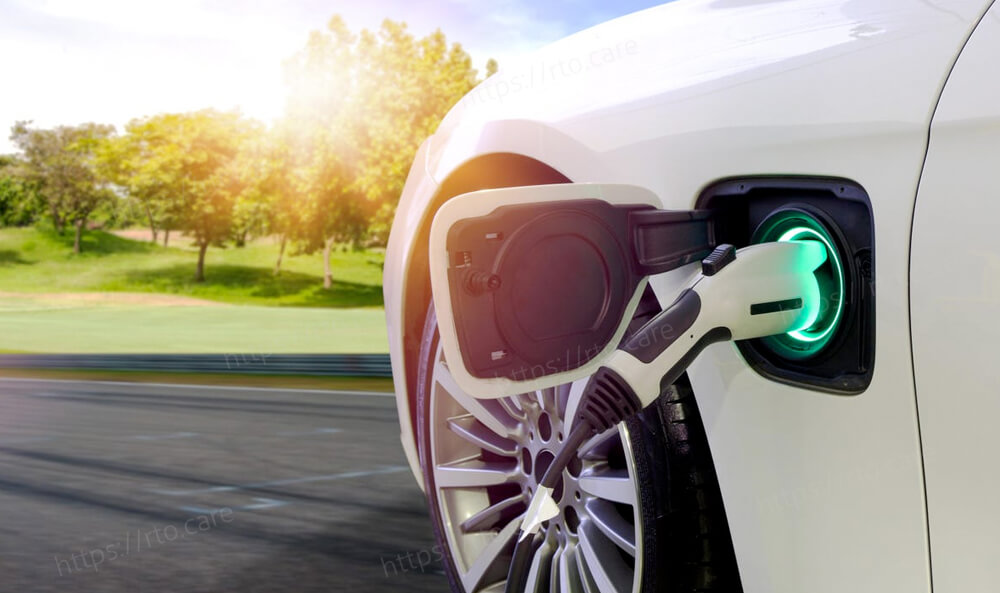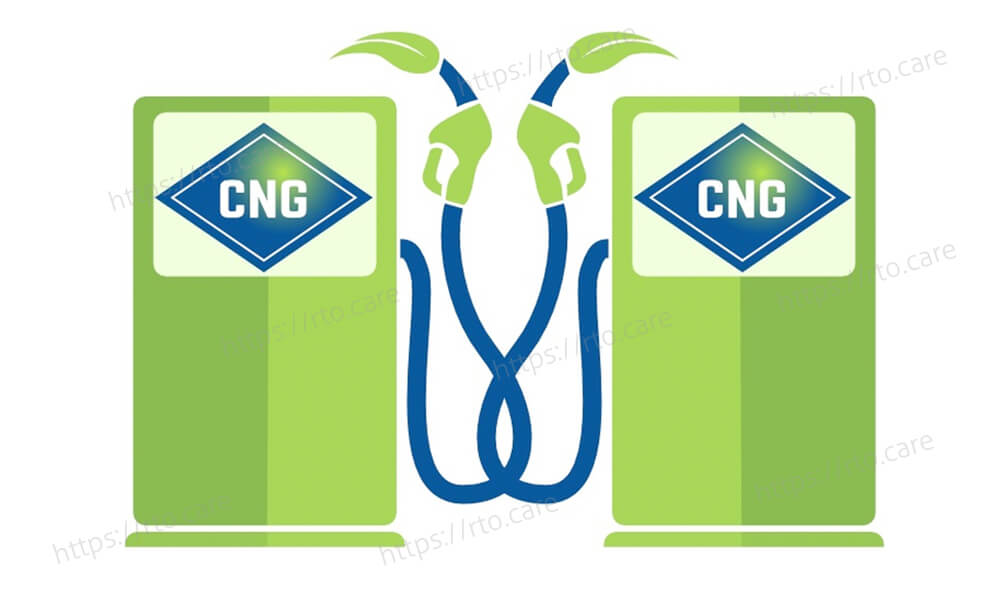Rising gas costs have put pressure on CNG, according to Icra Ratings in New Delhi on Friday. The cost of CNG has increased by 70% in the past year due to a spike in global energy costs. The difference between the gasoline and diesel has shrunk as a result, making it less appealing to switch to the cleaner fuel.
According to ICRA, the penetration of cars powered by Compressed Natural Gas (CNG) has decreased in the current fiscal year after increasing in the fiscal year before to 2021–22.
In the goods carrier class, Medium Commercial Vehicles (MCVs) (12–16 tones) have shown the most notable decline.
According to the report, "the percentage of cars fueled by CNG has decreased from 38% in FY2022 to 27% in the first eight months of FY2023."
The government's campaign for greener cars has helped to some extent, but the market for passenger carriers and buses has continued to demonstrate a slow adoption of CNG-powered vehicles.
According to Icra, "this, along with the adoption of electric vehicles, is projected to continue moving forward as well."
The decrease in CNG vehicle sales in the domestic CV sector in the current fiscal has largely been caused by the closing price gap between CNG and diesel, which has reduced the operating cost savings from CNG vehicles, according to Sruthi Thomas, Assistant Vice President & Sector Head - Corporate Ratings, ICRA Ltd.
Over the previous year, CNG car running expenses grew by roughly 20%, and they are currently 5% to 20% more than equivalent diesel models in several areas, including Delhi and Mumbai. Given the current geopolitical issues, particularly the war between Russia and Ukraine, and its effects on world gas prices, she predicted that this would likely persist over the short term to medium term.
According to Icra, the rise in gas costs has not been consistent, and certain cities still maintain a noticeable price difference between diesel and CNG.
In the current fiscal, this has led to a variety of patterns in the adoption of CNG across areas. The significant level of regional variation in CNG prices ranging from Rs 59 per kg in some areas to Rs 90 per kg in others has also had an effect on the penetration.
She anticipated that this would probably continue over the short term to medium term due to the present geopolitical challenges, notably the conflict between Russia and Ukraine and its influence on global gas prices.
Icra claims that the increase in gas prices has not been constant and that there is still a significant cost gap between CNG and diesel in some places.
This has caused a range of trends in the adoption of CNG across regions in the current fiscal year. The penetration has also been impacted by the notable degree of regional variance in CNG costs, which may vary from Rs 59 per kg in some places to Rs 90 per kg in others.
